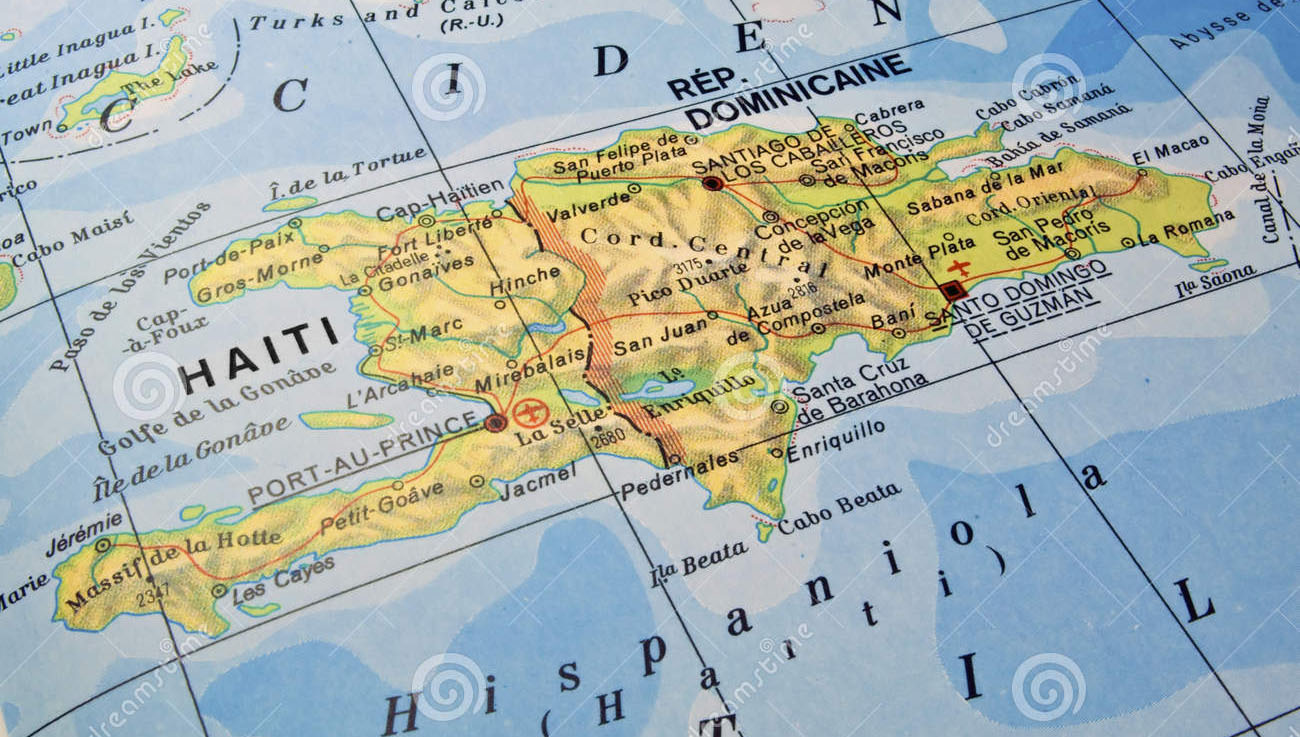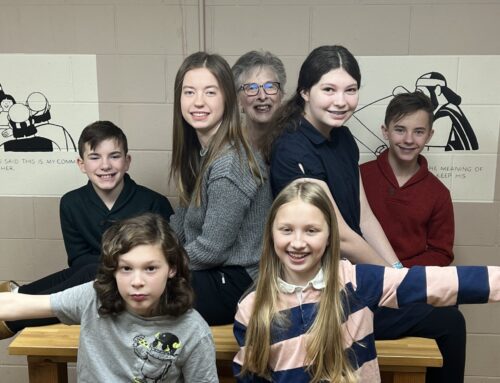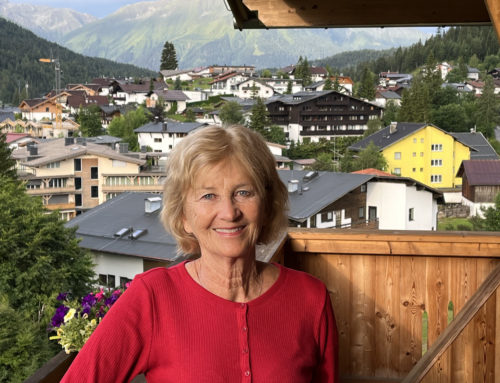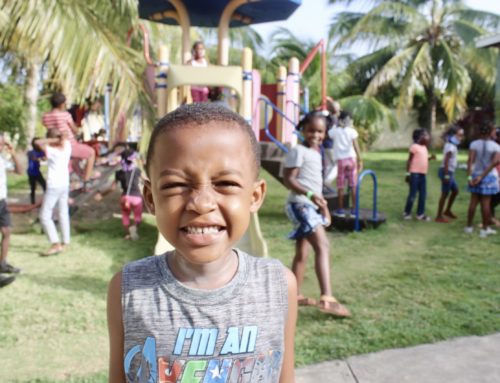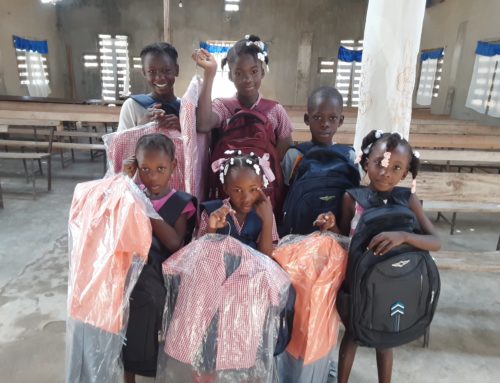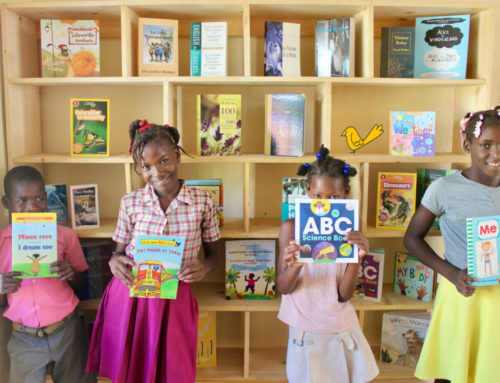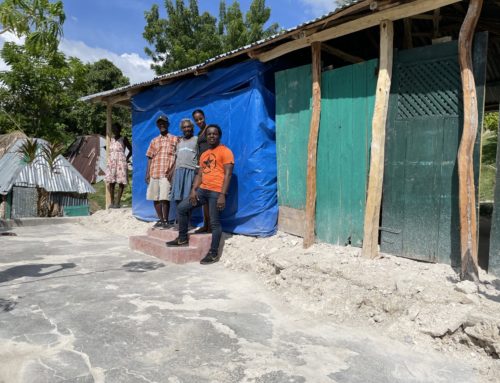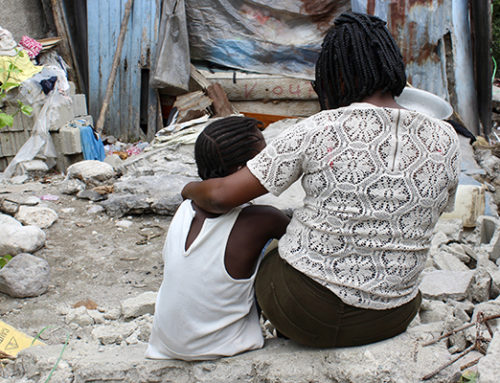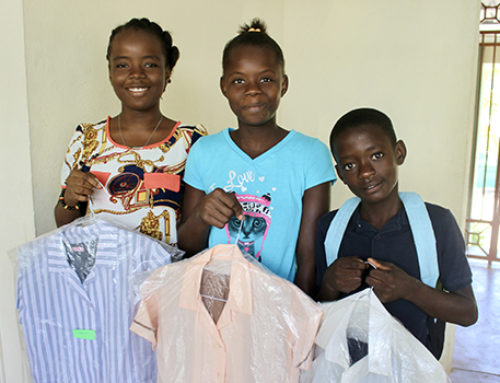Dominican Republic
Haiti’s closest neighbor is the Dominican Republic – so close that they share a border (and the actual island they both inhabit, Hispaniola). The Dominican Republic is the larger of the two countries, covering ⅔ of the island. The official language of the country is Spanish, and the official religion is Catholicism. The Dominican Republic’s Pico Duarte is the highest point in the entire Caribbean region. It grows crops including sugarcane, coffee, and cotton, and exports sugar, gold, silver, and coffee. Tourism is also a significant part of the beautiful island’s economy.
Haiti and the Dominican Republic have a tense relationship – in large part, this dates back to the Parsley Massacre of 1937, a slaughter carried out by Dominican dictator Rafael Trujillo. In the massacre, people were targeted for the darkness of their skin tone – Dominicans with darker skin were confused with Haitians and targeted as well.
“The massacre cemented Haitians into a long-term subversive outsider incompatible with what it means to be Dominicans,” according to Border of Lights.
Cuba
Cuba is about 400 air miles northwest of Cuba (although the far east coast of Cuba and far west coast of Haiti are much closer). Cuba has the distinction of the most populated country in the Caribbean, with over 11 million residents. Something else you may not know about Cuba is that it has a huge concentration of doctors – there are so many doctors per person that Cuba sends its doctors to other countries in need. Cubans also have an extremely high literacy rate: 99.8%!
Puerto Rico
Puerto Rico, east of Haiti, is a territory of the United States – in fact, Puerto Rico just held its fifth referendum to vote on whether they should become an official state in the United States. While an overwhelming percentage of voters voted for statehood, voter turnout was unusually low. Ultimately, Puerto Ricans will have to convince Congress if they want to become the 51st state.
As a U.S. Commonwealth, Puerto Ricans are natural-born citizens who can vote in presidential primaries, but not in national or congressional races; they have their own constitution and governor, and while they pay into Social Security and can access Medicare or Medicaid, not all government programs are available to them.
Jamaica
333 air miles west of Haiti, Jamaica is known as the birthplace of reggae music. Like many Haitians, voodoo is widely practiced on the island (though it must be done in secret, as it can be punishable by death). Jamaica was the first island in the Caribbean to gain independence – while Jamaica is an independent nation, they are still part of the British Commonwealth, just like Canada (but a lot less snowy).
Near – or directly next to – these other nations is the country of Haiti. In Haiti, a form of child slavery, called restavek, still exists today. At Restavek Freedom, we have dedicated ourselves to ending child slavery in Haiti in our lifetime. We focus our work and our influence to freeing children from isolation, exploitation, and abuse. In addition, our work involves educating and engaging with families so children do not end up living in restavek and transforming hearts through national outreach efforts that empower change. Founded in 2007, we have a strong Haitian-led team working throughout Haiti, with staff based in Port-au-Prince and Port Salut, as well as a small support staff in Cincinnati, Ohio. Donate now, sponsor a child, and join us today to discover how you can play a part in ending child slavery in Haiti.


